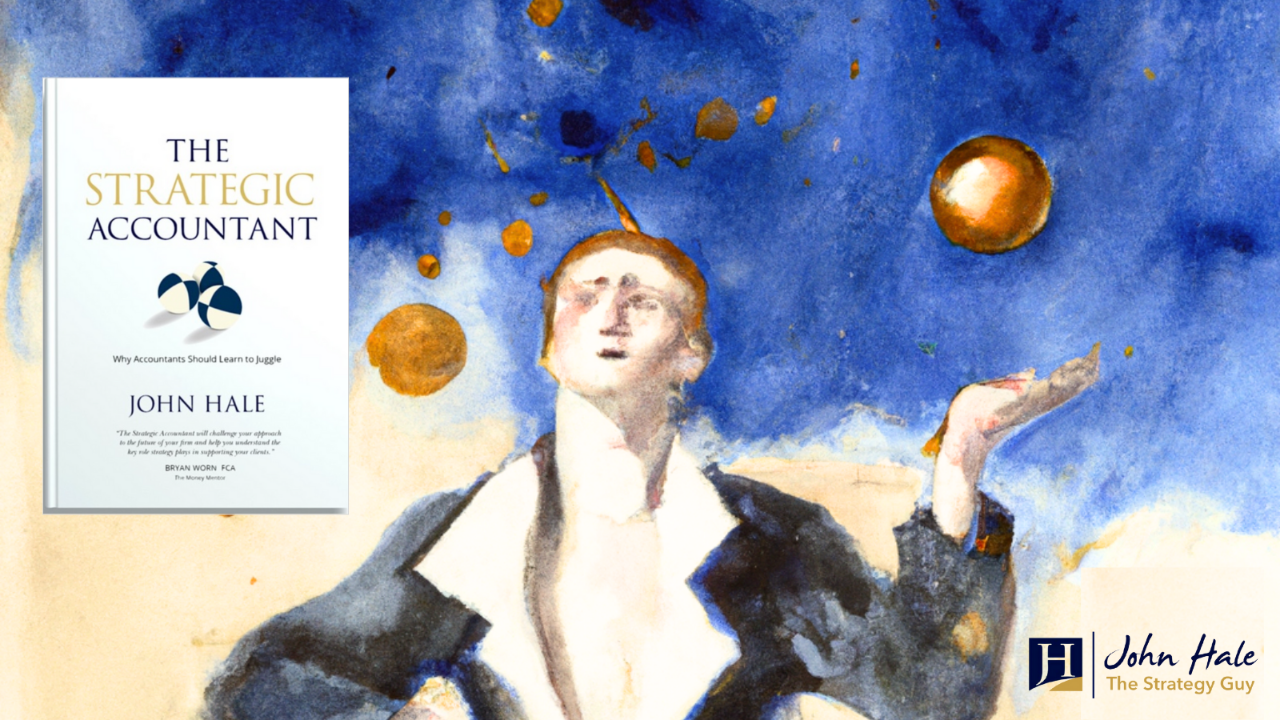ACCOUNTING STRATEGY
Aug 29, 2023

Accounting, rooted in ancient agriculture, has transformed across millennia. In Babylon, farmers pioneered bean-counting to audit harvests, emphasising efficiency. Mesopotamian traders used numeric systems for temple taxation.
In Roman times, accounting determined war investments. Eighth-century Persia saw double-entry accounting influenced by the Quran, spreading to Europe's banks by the 10th century.
Fourteenth-century Italian banking centres thrived with advanced wealth accounting. Neglecting records risked theft.
The Church employed accounting for large-scale collections in the 15th century. Bookkeepers in the 16th-17th centuries produced internal management and investor-focused financial records.
The 18th century's business regulations drove demand for independent auditors and chartered accounting, with Scotland's accountants closely linked to solicitors. Limited liability companies globally highlighted inventory and asset valuation.
In the late 1800s, royal charters elevated accounting institutes. The 20th century saw global firms like Arthur Anderson, KPMG, EY, PwC and Deloitte emerge.
The 21st century introduced the autonomous accountant, a secure, analytical, and transparently auditable AI system, potentially eclipsing traditional accountants without adaptation.
Another trend is the rise of carbon accountants, blending human and AI to track emissions progress, addressing climate concerns.
Today’s accountant can learn how to survive and thrive by reading The Strategic Accountant or completing the Strategic Mastery for Accountants Course here www.halecg.com/store


